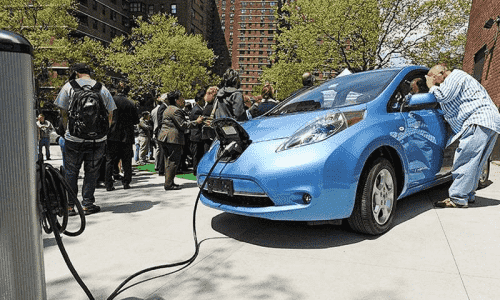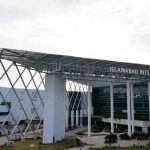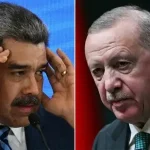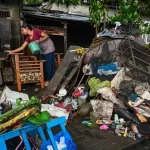KARACHI: The government has eliminated customs duties on the import of luxury electric vehicles (EVs) and hybrid automobiles in an effort to placate the local assemblers. Importers of old cars are displeased with the decision, claiming that it will favor the car’s assembler rather than the end user.
However, the local hybrid car manufacturers should be happy because their meeting with Prime Minister Shahbaz Sharif a few days prior to the new budget paid off.
In an effort to close the significant cost gap between hybrid and fossil fuel vehicles, the government made concessions on the import of hybrid cars in 2013. The disparity in pricing has now decreased, and hybrid car assembly has begun. Thus, in order to support the regional sector, exclusions are being eliminated.
The government claimed that the importers and users of luxury EVs valued at $50,000 should be responsible for paying taxes and levies, which is why it was reversing its concessions on these vehicles.
Pricing methods may change if advance taxes are based on vehicle value rather than engine capacity.
According to Arif Habib Limited (AHL), increasing demand for locally made hybrid vehicles is anticipated as a result of the removal of the customs duty exemption on fully assembled hybrid vehicles.
Pricing approach may change if the advance tax is now based on vehicle value rather than engine capacity. If tax breaks on the import of luxury electric vehicles are removed, wealthy consumers might decide to buy domestically made vehicles rather than imported ones.
According to HM Shahzad, chairman of the All Pakistan Motor Dealers Association, “the government is openly giving protection to a few assemblers who have rolled out costly hybrid vehicles in the name of higher localization.”
“They are actually assemblers depending on the import of auto parts and accessories for decades as they have not done any higher localization,” he said, rejecting the notion that the local auto sector is a manufacturer.
According to him, the government has provided incentives to auto assemblers who have spent the last forty years assembling cars rather than manufacturing them.
The prime minister was notified that the nation’s manufacturers were still working to expand the localization of components, and additional government assistance was needed in order to facilitate the establishment of small and medium-sized businesses in the nation that would supply the raw materials for parts.
The CEO of Indus Motor Company (IMC), Ali Asghar Jamali, has stated that the Corolla Cross, a recently released hybrid electric vehicle from Toyota, has the greatest percentage of locally made parts in this class (more than 50%), and its performance in the first quarter was adequate.
Together with its vendor partners, IMC has made it a goal and preference to source and acquire its parts locally, he continued.
Mashood Ali Khan, a local manufacturer and exporter of parts, has praised the government’s move to forbid the importation of high-end automobiles as a constructive move.
He claimed that although steps were anticipated to be taken to increase truck and bus production, the government still imports buses for the local transportation network, squandering valuable foreign cash.
He claimed that there are no incentives for small automobiles, which are primarily driven by people in the medium and upper middle income range, in the FY25 budget. Additionally, there are no initiatives in the budget to support small and medium-sized businesses.
Members of the local assembly representing the car industry did not reply to the budgetary measures pertaining to the industry.








